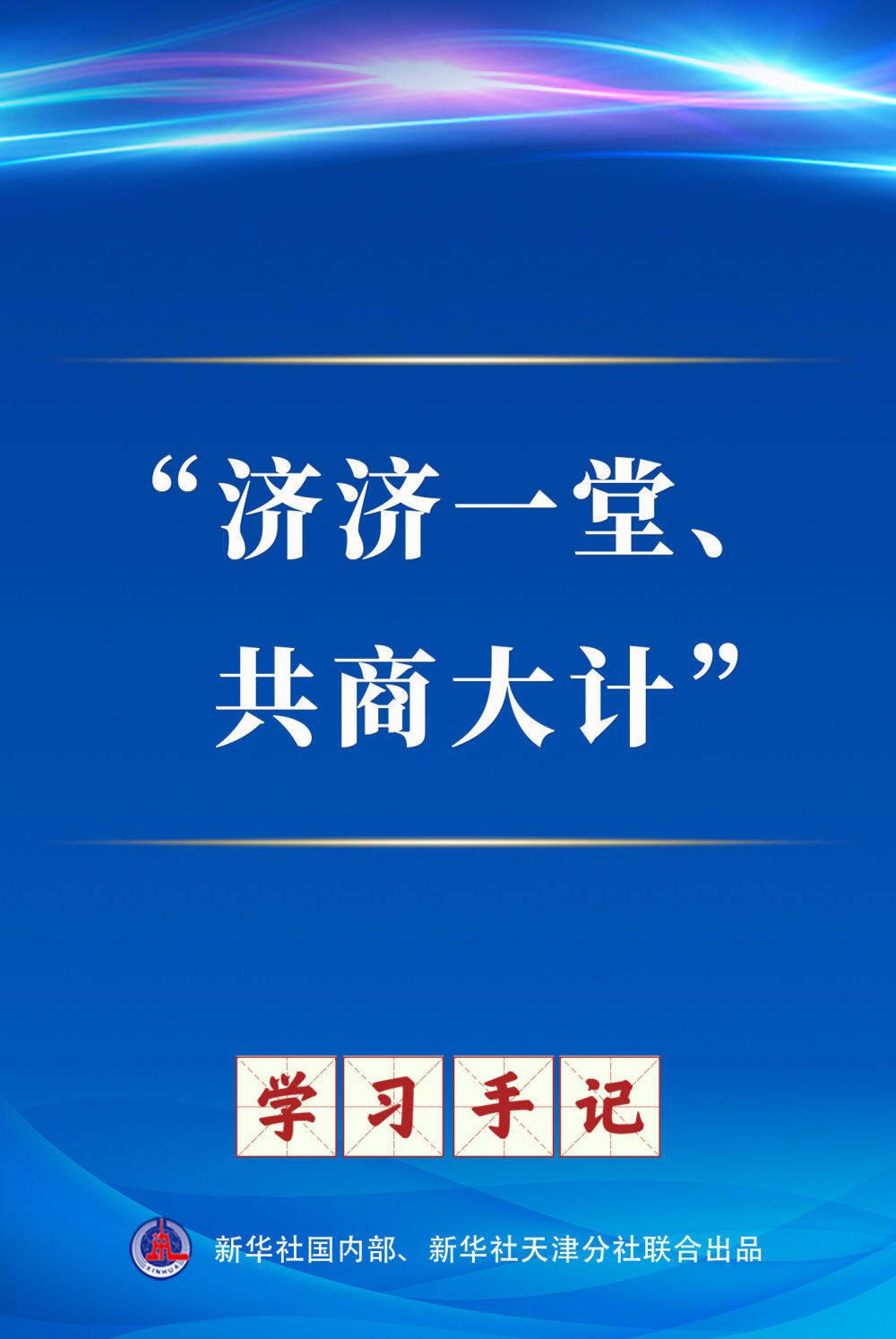In one week, the largest summit since the establishment of the Shanghai Cooperation Organization will commence in Tianjin, where President Xi Jinping will meet with more than 20 foreign leaders and heads of 10 international organizations. Following last year’s „Shanghai Cooperation Organization Plus“ summit in Astana, the „Shanghai Cooperation Organization Plus“ meeting will once again be held.
A group photo captured an unforgettable moment when the „SCO family“ held a summit in the „Shanghai Cooperation Organization Plus“ format for the first time.
Leaders of SCO member states, observer states, guest countries of the host nation, as well as heads of international and regional organizations and multilateral mechanisms such as the United Nations Secretary-General, stood side by side at the Independence Palace in Astana, Kazakhstan.
President Xi Jinping stated at that summit: „Good friends and new partners gathering together to discuss major issues demonstrates that under the new era conditions, the organization’s philosophy is widely welcomed, and member states have friends all over the world.“
„Gathering together“ reflects the Shanghai Cooperation Organization’s open and inclusive character, embodying the growing appeal and cohesion of this new type of international organization. Starting with six founding member states and now covering 26 countries across Asia, Europe, and Africa, the SCO conforms to the trends of the times and aligns with the aspirations of the people.
„Discussing major issues“ aims at harmony and unity, pursuing the noble cause of peace and development. From aligning national development strategies to regional cooperation in security, economy, trade, and culture, and further to building a more just and reasonable global governance system, the SCO has laid solid foundations and advanced pragmatically. The concept of an SCO community with a shared future has increasingly rich connotations, and the grand practice of building a community with a shared future for mankind is progressing steadily.
New and old friends gathering again by the Haihe River in the „Shanghai Cooperation Organization Plus“ format confirms the growing relevance of the „Shanghai Spirit“—mutual trust, mutual benefit, equality, consultation, respect for diverse civilizations, and pursuit of common development.
Openness, inclusiveness, and broad-mindedness are inherent traits of the Shanghai Cooperation Organization, as well as consistent features of Chinese wisdom, philosophy, and initiatives.
„Confucianism advocates ‚pursuing the common good for the world‘ and promotes ‚harmony among all nations, mutual support, and unity under heaven.‘ This concept of ‚harmony and unity‘ shares much common ground with the ‚Shanghai Spirit.'“ At the 2018 SCO Qingdao Summit, President Xi Jinping’s incisive exposition demonstrated broad vision.
Being friendly to neighbors and promoting harmony among all nations is a consistent approach of Chinese civilization. The Chinese philosophy of harmony in diversity and win-win cooperation inherent in this approach aligns with the „Shanghai Spirit,“ which transcends civilizational clashes, Cold War mentality, and zero-sum games.
Looking around the world, despite changing international situations and the countercurrent of unilateral hegemony, the trend of peace, development, cooperation, and mutual benefit is unstoppable. Walking the broad path together and pursuing harmonious coexistence remain the common choice of insightful members of the international community.
From the creative proposal of the „BRICS Plus“ cooperation concept at the 2017 BRICS Summit in Xiamen to the first „Shanghai Cooperation Organization Plus“ summit in July 2024… Behind the increasing number of „plus“ signs in multilateral international settings is the trend of unity, cooperation, and joint self-strengthening of the Global South, as well as the pulse of the times moving toward a more just and reasonable global governance system.
In today’s world, the tides of multipolarity, economic globalization, and democratization of international relations are growing increasingly powerful. „Sharing the same globe and helping each other“ and unity and cooperation have become a broad consensus among more and more members of the international community.
Amid an international environment marked by change and turmoil, the SCO Tianjin Summit attracts global attention. With new starting points, new models, and new momentum, relying on the broader platform of „Shanghai Cooperation Organization Plus,“ China will work with all partners to jointly promote the „Shanghai Spirit,“ shoulder the mission of the times, and respond to the expectations of the people.




